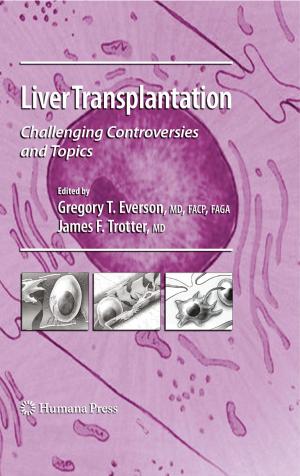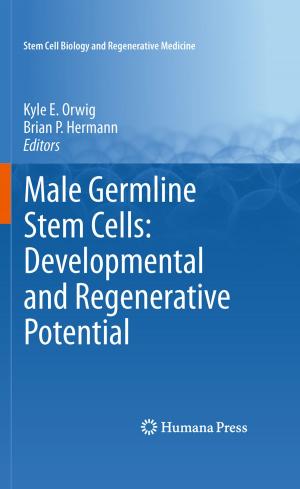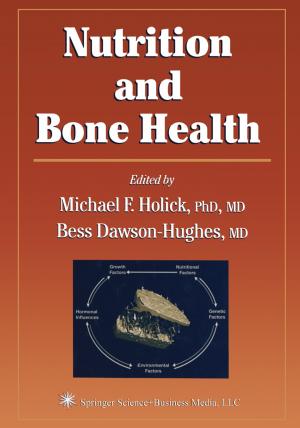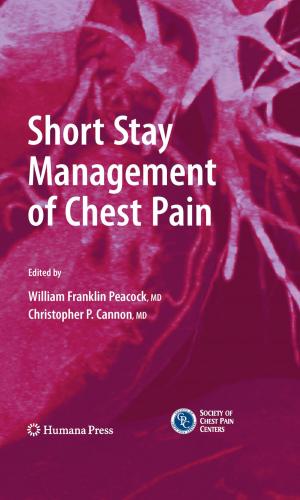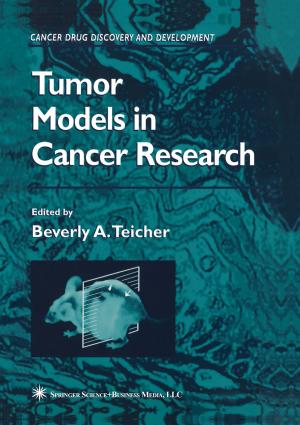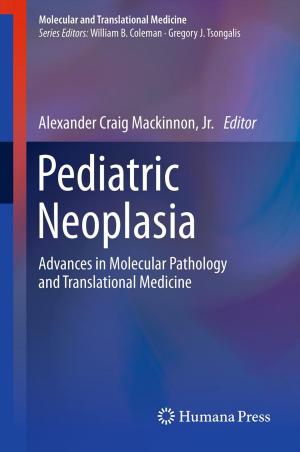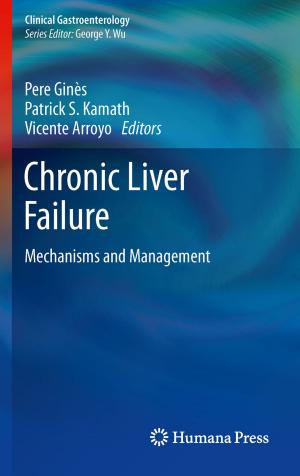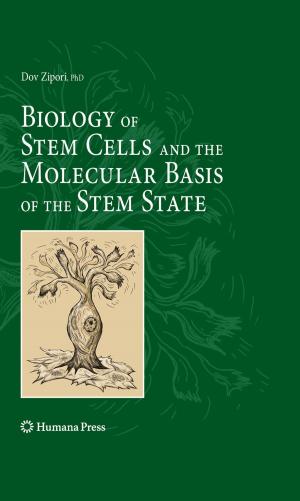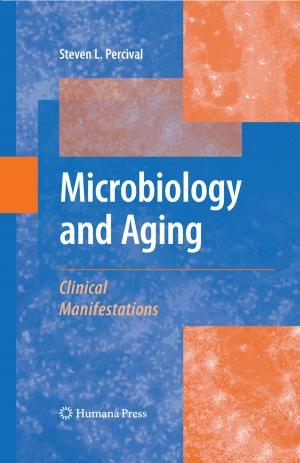Hematopoietic Stem Cell Biology
Nonfiction, Health & Well Being, Medical, Specialties, Internal Medicine, Hematology, Medical Science, Immunology| Author: | ISBN: | 9781603273473 | |
| Publisher: | Humana Press | Publication: | December 4, 2009 |
| Imprint: | Humana | Language: | English |
| Author: | |
| ISBN: | 9781603273473 |
| Publisher: | Humana Press |
| Publication: | December 4, 2009 |
| Imprint: | Humana |
| Language: | English |
In the summer of 1988, my developmental biology professor announced to the class that hematopoietic stem cells (HSCs) had finally been purified. Somehow, I never forgot the professor’s words. When I started working in Dr. Irv Weissman’s labo- tory at Stanford as a postdoctoral fellow, I realized that the findings mentioned by the professor were from Weissman’s laboratory and had been published in a 1988 edition of the journal Science. It has been over 20 years since the publication of that seminal paper, and since then tremendous advances in understanding the biology and maturation of HSCs, namely the process of hematopoiesis, which includes lymphocyte development, have been made. These discoveries were made possible in part by advancements in technology. For example, recent availability of user friendly fluorescence activated cell sorting (FACS) machines and monoclonal an- bodies with a variety of fluorescent labels has allowed more scientists to sort and analyze rare populations in the bone marrow, such as HSCs. All classes of hematopoietic cells are derived from HSCs. Stem cell biology draws enormous attention not only from scientists, but also from ordinary people because of the tremendous potential for development of new therapeutic application to diseases that currently lack any type of effective therapy. Thus, this type of “regenerative medicine” is a relatively new and attractive field in both basic science and clinical medicine.
In the summer of 1988, my developmental biology professor announced to the class that hematopoietic stem cells (HSCs) had finally been purified. Somehow, I never forgot the professor’s words. When I started working in Dr. Irv Weissman’s labo- tory at Stanford as a postdoctoral fellow, I realized that the findings mentioned by the professor were from Weissman’s laboratory and had been published in a 1988 edition of the journal Science. It has been over 20 years since the publication of that seminal paper, and since then tremendous advances in understanding the biology and maturation of HSCs, namely the process of hematopoiesis, which includes lymphocyte development, have been made. These discoveries were made possible in part by advancements in technology. For example, recent availability of user friendly fluorescence activated cell sorting (FACS) machines and monoclonal an- bodies with a variety of fluorescent labels has allowed more scientists to sort and analyze rare populations in the bone marrow, such as HSCs. All classes of hematopoietic cells are derived from HSCs. Stem cell biology draws enormous attention not only from scientists, but also from ordinary people because of the tremendous potential for development of new therapeutic application to diseases that currently lack any type of effective therapy. Thus, this type of “regenerative medicine” is a relatively new and attractive field in both basic science and clinical medicine.

